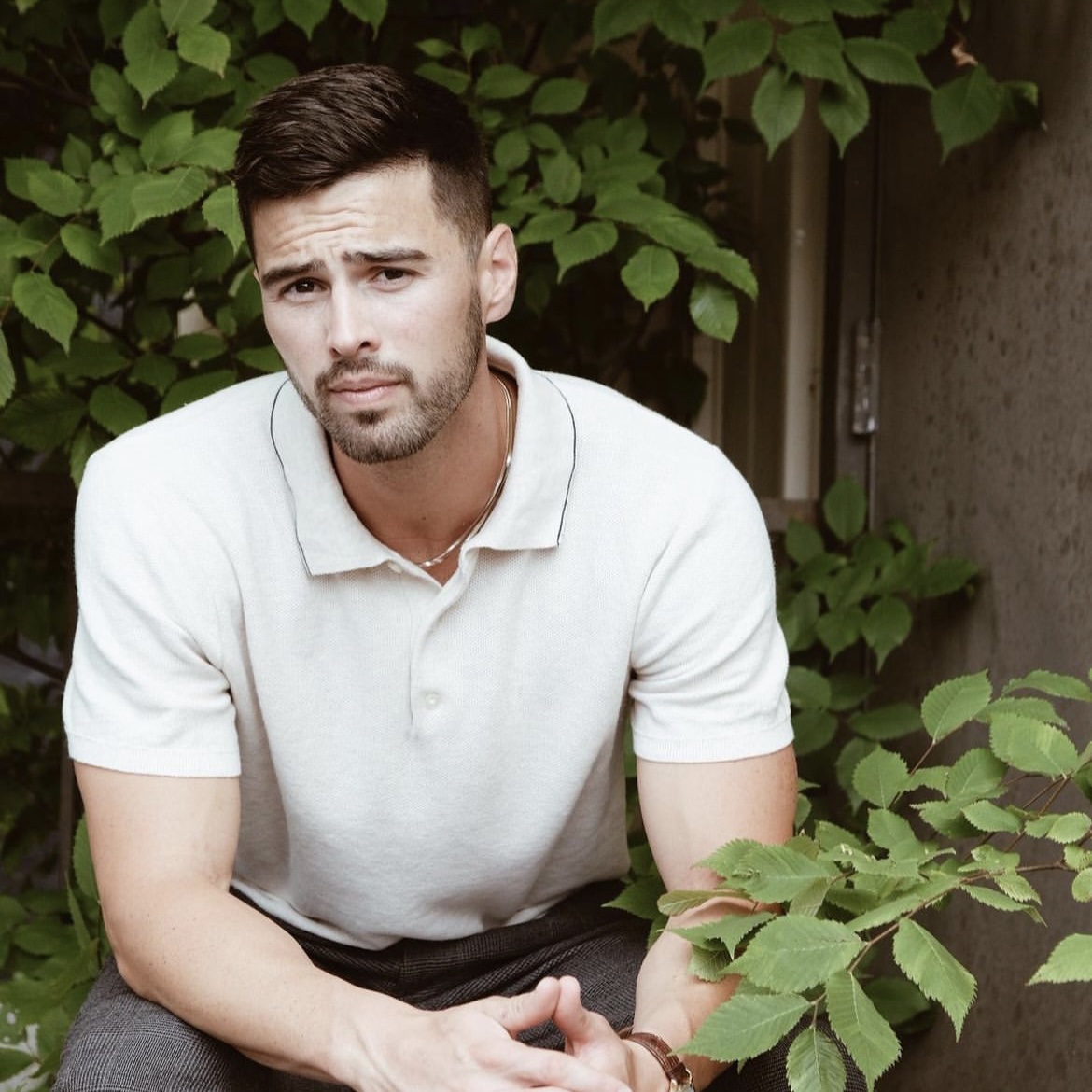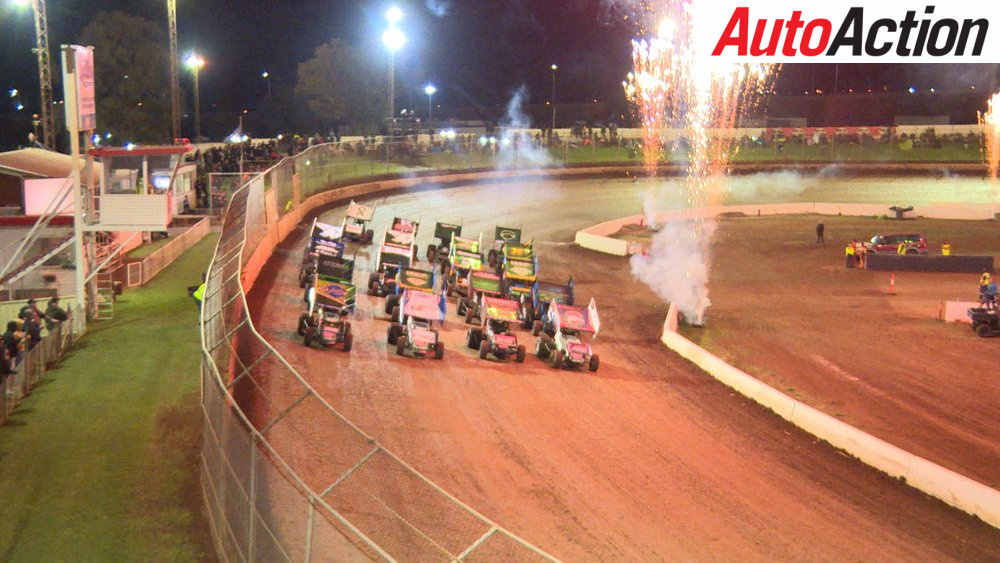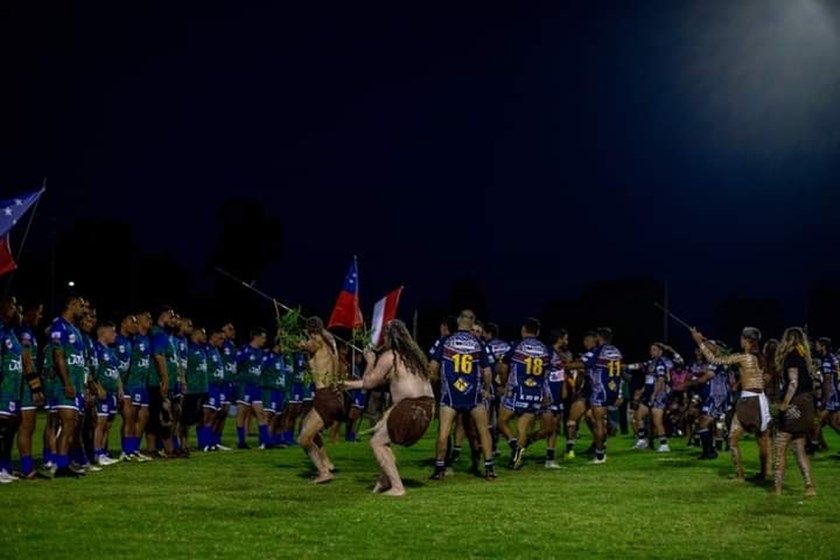Toowoomba Regional Council (Toowoomba Regional Council) governs a culturally diverse area. About 59% (or 94,098) of its 157,669 total population have diverse ancestral backgrounds. The 2011 Census showed that the region has 15,753 residents who were born overseas or 10.4 % of the total population. Of those, 5.3% are from a non-English speaking background.
From 2006 to 2011, 4,429 individuals were recorded as recent arrivals and this number is increasing. The Toowoomba region is one of the areas in Queensland piloted for the Government’s Women at Risk refugee scheme. Between May and September 2013, the Multicultural Development Association (MDA) reported 80 families (some of which are big families, e.g. 10 members) as new refugee arrivals in Toowoomba. The region is also the third largest refugee settlement area in Queensland and was recently proclaimed a Refugee Welcome Zone.
Toowoomba Regional Council became the third local government area in Queensland to become a Refugee Welcome Zone on 22 June 2013. “We are proud to recognize the work of families, schools, churches and service providers who have made Toowoomba a place of welcome for refugees over the years,” Mayor Paul Antonio said. This declaration is a commitment in spirit to welcoming refugees into the community, upholding the human rights of refugees, demonstrating compassion for refugees and enhancing cultural and religious diversity in the community.
Toowoomba has for many years been designated by the Federal Government as a refugee and humanitarian settlement area because of the success of well-established collaboration and partnerships at different levels of government, settlement services, NGOs and the diverse community who have provided new arrivals support.
Council partners with the Queensland Government through the Local Area Multicultural Partnership (LAMP) program. The Community Development Officer (CDO) – Multicultural is also the LAMP officer for the Council. His role is to support the local government to ‘integrate the principles and practices of multiculturalism throughout the organisation and promote positive intercultural relations and social cohesion within the region’. This ensures that all Queenslanders, regardless of their cultural, linguistic or religious background have equitable access to services appropriate to their needs; are able to fully participate in and benefit from all aspects of life in Queensland; and feel a sense of belonging to a cohesive and harmonious community.
Current initiatives
Some of the key initiatives undertaken by Toowoomba Regional Council to welcome and support the settlement of migrants from Refugee and Humanitarian backgrounds are:
- A pilot to guide Toowoomba towards becoming a City of Peace and Harmony – Toowoomba Regional Council in partnership with Pure Land Learning College’s Goodwill Committee, the University of Southern Queensland (USQ), the community and faith groups are working together to make Toowoomba a model city of peace and harmony. Council is represented by the Community Development Officer Multicultural (LAMP) Officer as member of the Goodwill Committee. This is an initiative started by Pure Land Learning College Multifaith Multicultural Centre which selected Toowoomba due to its social infrastructures, population and unique and diverse communities. Toowoomba was also a designated refugee settlement area. The Pure Land Learning College through its founder Venerable Master Chin Kung AM committed resources and started this vision around 10 years ago. The initiative aims to build bridges across communities through interfaith dialogues and sharing, and education forums for youth and the general community. It aligns well with the welcome of refugees and humanitarian migrants. In August, a Toowoomba delegation made up business, faith, youth and community representatives led by the Mayor presented to UNESCO the Toowoomba pilot initiative with positive endorsements. Within the last two years, Toowoomba delegations have attended overseas interfaith and peace forums through multifaith and multicultural exchanges in Bangkok, Thailand, Colombo and Sri-Lanka, and have visited Singapore on an educational tour to meet many faith leaders and learn about the different multicultural programs and integration models.
- Toowoomba Regional Council MulticulturalPolicy – Toowoomba Regional Council, through the community development unit, has developed a draft of its multicultural policy which is now going through the approval process.
- Toowoomba Regional Council Cultural Awareness Training is an integral part of the induction orientation and training for all Council staff.
- English language programs and access to translating and interpreter services. In response to demand, Council now fully participates in the Australian Society.
The Toowoomba Library is running English language conversational class for the CALD community from non-English speaking backgrounds on an informal basis. This program has been well attended and popular with many newly arrived Afghan women and families (women at risk). This supplements the formal structured AMEP English classes at the Southern Queensland Institute of TAFE, University of Southern Queensland, Toowoomba Refugee and Migrant Settlement Services (TRAMS) and other community groups and churches- based programs. The settlement services and agencies like Multicultural Australia, Mercy Family Services, TRAMS, Centacare, and Queensland Health specifically through the Refugee Health Assessment, provide ready access to interpreting services. To address the need for more local interpreters for new refugee groups, Council is involved with a local Interpreters working group to assist in recruitment of local community members for new and emerging languages and their assistance towards accreditation with the National Accreditation Authority for Translators and Interpreters (NAATI).Toowoomba Regional Council continues to support CALD communities and multiculturalism through capacity building, governance training and encourage participation through cultural activities, celebrations and events such as:
- Harmony Day in March – This year as the lead agency, Council coordinated and organised Harmony Day in the City working group which was made up of several agencies mainly from settlement service organisations. Council staff, the Indigenous community, the mainstream and the newly arrived migrants and those from refugee and humanitarian backgrounds attended and were provided with opportunities to participate in the program as volunteers and cultural performers. Two activities were held for this event – a lunch barbecue with the community and Council staff and, in the evening, a multicultural film fest showing films of refugee and migrant experience in Australia shown to community and industry leaders. Toowoomba Regional Council also encouraged simultaneous Harmony Day celebrations in many schools (many of which have a high proportion of students from CALD and Refugee backgrounds), in offices, and clubs to recognise the positive contribution of refugees and migrants from all backgrounds.
- Refugee Week in June – Toowoomba Regional Council is a member of the Refugee Week Working Group. This event affirms the welcome and recognition of the difficulties and eventually the contributions of the refugees and humanitarian migrants by the community.
- Australia Day – an event where refugees a can already participate and feel part of their new home and adopted country.
- Welcome to Toowoomba – a biannual event organised by Toowoomba Regional Council to welcome and introduce the elected officials and showcase the services of Council to newly arrived migrants in the region.
- Citizenship Ceremonies – newly arrived refugees are encouraged to witness this event to inspire them to aim to become Australian citizens.
- Regular engagement – consultations with new and emerging refugee groups. Toowoomba Regional Council supports community cultural celebrations of new migrants and those with a refugee background such as South Sudanese Independence celebrations, Congolese Cultural Day, Nepalese Teej Festival, Filipino Independence Day and Flores De Mayo, Indian Diwali, Chinese New Year, Papua New Guinea Independence Day, Sinhalese and Tamil New Year and Fiji Day.
Toowoomba Regional Council also organises and coordinates:
- Toowoomba Languages and Cultures Festival – Coordinated by the Community Development Officer – Multicultural (LAMP), this is a partnership between Toowoomba Regional Council and the Toowoomba International Multicultural Society (TIMS) and the Modern Language Teachers Association of Qld (MLTAQ) held every August and now in its eighth year. More than 100 different languages and around 80 cultures are on show. It celebrates the region’s ethnic diversity and the contributions of migrants to the culture, human resources and economic prosperity of Toowoomba. It showcases multicultural heritage through promotion of the different cultures, food and This year’s event recorded an estimated 15,000 attendees. This event provides a platform for refugee groups and communities’ capacity building and participation through volunteering, selling food, business enterprise, and development and presentation of cultural performances. The flow-on effects for refugees include sharing and acquiring new skills, an introduction to cultural awareness, opportunities to give back to the community, as well as feeling welcomed and accepted.
- Cultural Diversity Network (CDN) – facilitated by Council’s Multicultural Development Officer, this is an inclusive network of more than 50 organisations, communities, local and state agencies, specific interest groups and networks. CDN supports the growing networking of individuals and agencies working with CALD communities and to promoting common dialogue and exchange on working issues with Toowoomba’s CALD populations. Refugee groups are encouraged to participate and introduce themselves to the community and service providers in this network which meets quarterly.
- Networks – Toowoomba Regional Council supports and promotes CALD and refugee community capacity building, advocacy work, participation and best practice to access services by working with specific refugee settlement service providers and agencies such as the Multicultural Development Association, Department of Human Services – Centrelink, SQITafe, Centacare, Lifeline Darling Downs, Mercy Family Services, Queensland Health, Queensland African Communities Council, faith- based organisations, the Federal Government, Queensland Department of Communities and its agencies, peak bodies like Ethnic Communities Council of Queensland, NGOs and other government agencies.
Toowoomba Regional Council through the Multicultural Community Development Officer participates and is represented in the following networks related to refugee settlement:
- Refugee and Migrant Settlement Services Support Interagency – focuses on settlement services and regional issues for refugee and Humanitarian Migrants.
- Agencies CALD Action Group – developing and delivering early intervention modules for newly arrived CALD communities generally from refugee and humanitarian background. Collaborative partnership with Toowoomba Regional Council, NGOs and specialised services.
- Humanitarian Settlement Services (HSS) South West Queensland Local Area Coordination (SWQ LAC) Network – this network facilitated by Multicultural Development Association (MDA) is attended by government agencies, mainstream services and settlement services. Its aim is to improve coordination and cooperation between key service delivery agencies and a mechanism to coordinate settlement services at a strategic level.
Source: refugeecouncil.org.au

George Barham, an accomplished journalist and avid gambling enthusiast, serves as the esteemed Editor-in-Chief at fly-to-australia.com, Australia’s leading source for comprehensive gambling news and insights. With an unwavering passion for both the written word and the ever-evolving world of betting and gaming, George brings a wealth of knowledge and expertise to the helm of our editorial team.




